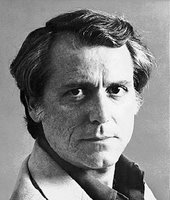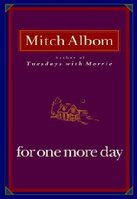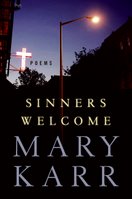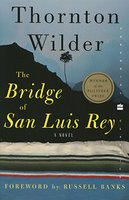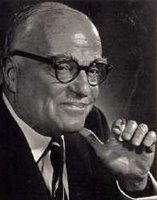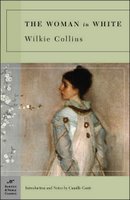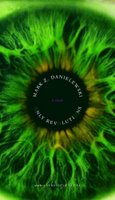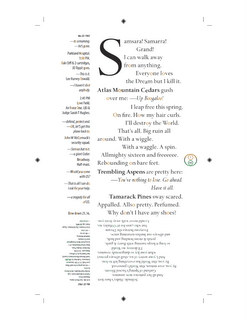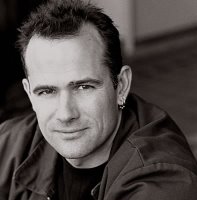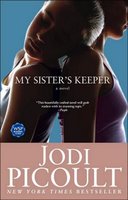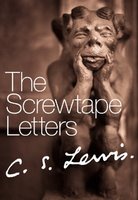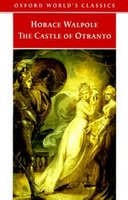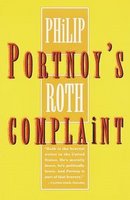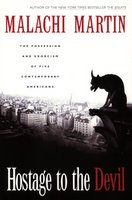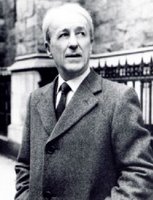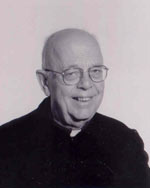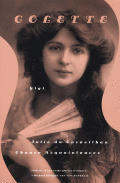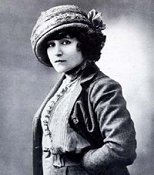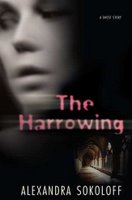 The Secret History
The Secret HistoryDonna Tartt
You know what's annoying? You read the blurb on back of a novel, and yet, unbeknownst to you...it's not quite accurate. So you spend the entire book not really focusing on the book itself, but rather wondering when the information found in the blurb will come into play. Such was my experience reading Donna Tartt's Secret History. Allow me to repeat it here, if you don't mind:
Under the influence of their charismatic classics professor, a group of clever, eccentric misfits at an elite New England college discover a way of thinking and living that is a world away from the humdrum existence of their contemporaries. But when they go beyond the boundaries of normal morality they slip gradually from obsession to corruption and betrayal, and at last--inexorably--into evil.
So, okay. Now, I won't spoil anything for the would-be reader, but not all of the above information is accurate. Yes, there is a charismatic classics professor. There is even a group of eccentric misfits. New England college? Check. And I might be arguing over semantics, but the rest of the blurb leaves a lot to be desired.
 That isn't to say that I didn't enjoy The Secret History, for I did. True, it was a bit long-winded in places, and I was expecting (goaded on by the blurb on the back, no doubt) an ending that was a bit more..."diabolical," I suppose you could say. Overall, however, I found the book to be engrossing and enjoyable. The book is filled with literary allusions that any literature fan can appreciate, and the plot is quite suspenseful, especially as you anticipate how the "evil" will finally be resolved.
That isn't to say that I didn't enjoy The Secret History, for I did. True, it was a bit long-winded in places, and I was expecting (goaded on by the blurb on the back, no doubt) an ending that was a bit more..."diabolical," I suppose you could say. Overall, however, I found the book to be engrossing and enjoyable. The book is filled with literary allusions that any literature fan can appreciate, and the plot is quite suspenseful, especially as you anticipate how the "evil" will finally be resolved. Besides, take a look at Ms. Tartt. She looks like she will fuck a bitch up (and I chose one of her more flattering pictures). So in the interest of pacifism, the book was excellent.
In a nutshell: Suspenseful and entertaining, The Secret History was a fun read but was not quite what I was led to expect.
Bibliolatry Scale: 4.5 out of 6 stars











